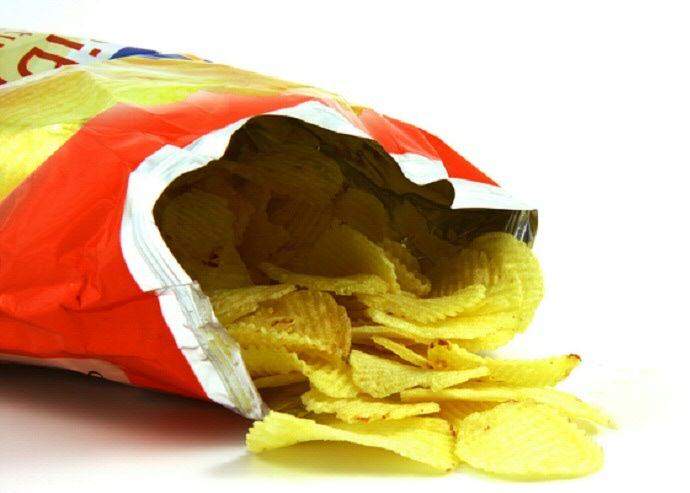Even in the long term, ‘light’ does not make you slimmer

Light versions of sweets, soft drinks or crisps encourage people to eat more of these low-calorie products in the long term. They do not further the goal of reducing obesity in the population. These are the results of a study by a group of researchers that included University of Groningen Professor of Marketing Peter Verhoef. The results of the study will be published in the International Journal of Research in Marketing.
Although it was already known that people eat more crisps when they switch to the light version, this study has now shown that such behaviour persists a year after they have switched. What is more, they also resume eating the normal version of the product alongside the light version. On average, consumers buy 13% more calories a year after the first purchase than they did the year before. Verhoef and his associates therefore advise governments to exercise caution in recommending light products.

Light products counterproductive
For decades, governments have been trying to reduce obesity, a disease of affluence. The food industry has been quick to jump on the bandwagon, offering light versions of products such as crisps, sweets and soft drinks. The health claim that there are fewer calories per 100 grammes may be true, but as people end up eating more, the claim is counterproductive, Verhoef explains. ‘People feel guilty if they eat something that makes them fat, but if they switch to the light version they immediately eat more of it. This then becomes a habit, and a year later they eat more of not only the light version but often to some extent the standard version too.’ This is the first time that this long-term effect has been scientifically proven.
Pleasure
The research focused on the consumption of light crisps, but Verhoef believes that the conclusions extend to all ‘hedonistic’ products, including sweets and soft drinks, that people primarily eat for the sake of pleasure. The researchers based their conclusions on data from market researcher GfK, which is following the purchases made by a group of households. The researchers chose those households that had just switched to light crisps. They counted the number of calories associated with this switch. Verhoef believes that the results also apply to other Western European countries and the United States.
Psychological effect of health claim
Verhoef and his colleagues believe that governments must exercise caution in recommending light products. ‘Light is not bad, but we must be aware of the psychological effect of the claim. If we want people who are overweight to consume fewer calories, we need to provide better information.’
More information
- Contact: Professor Peter Verhoef
- The research Regular or low-fat? An investigation of the long-run impact of the first low-fat purchase on subsequent purchase volumes and calories by Kathleen Cleeren, (KU Leuven), Kelly Geyskens (Maastricht University), Peter C. Verhoef (University of Groningen) and Joost M.E. Pennings (Wageningen University) will be published in The International Journal of Research in Marketing at the end of the year. Access to the data was acquired with the help of AiMark.
More news
-
09 December 2025
Are robots the solution?
-
10 November 2025
Decentralization of youth care
